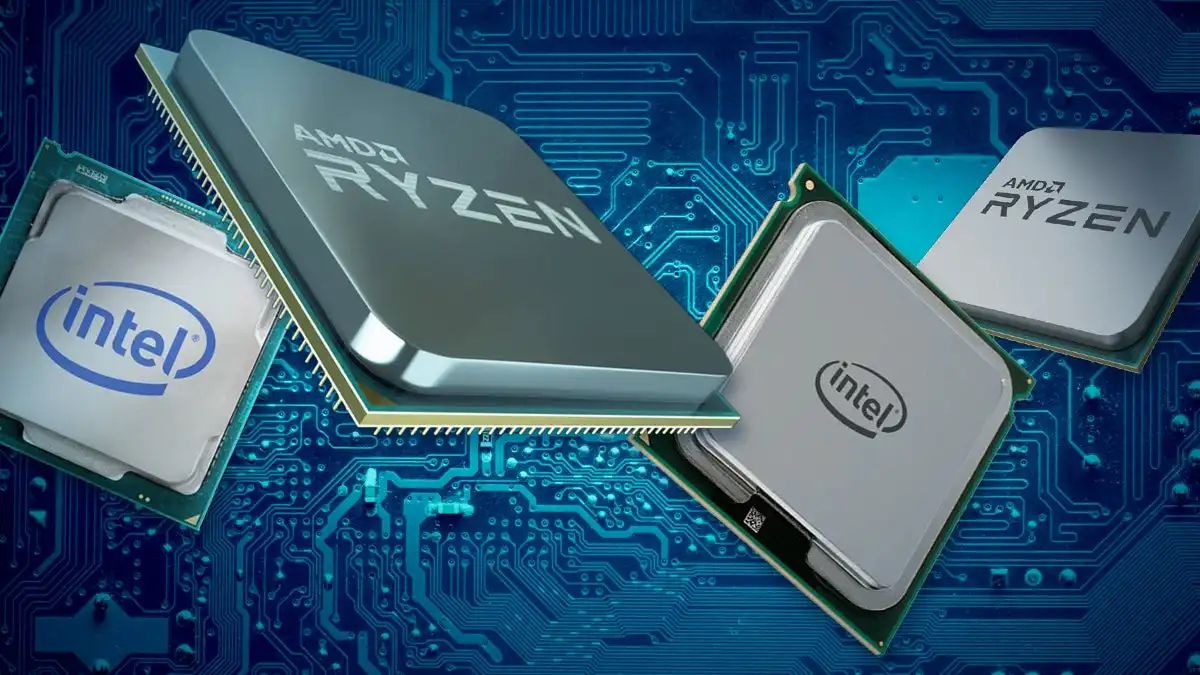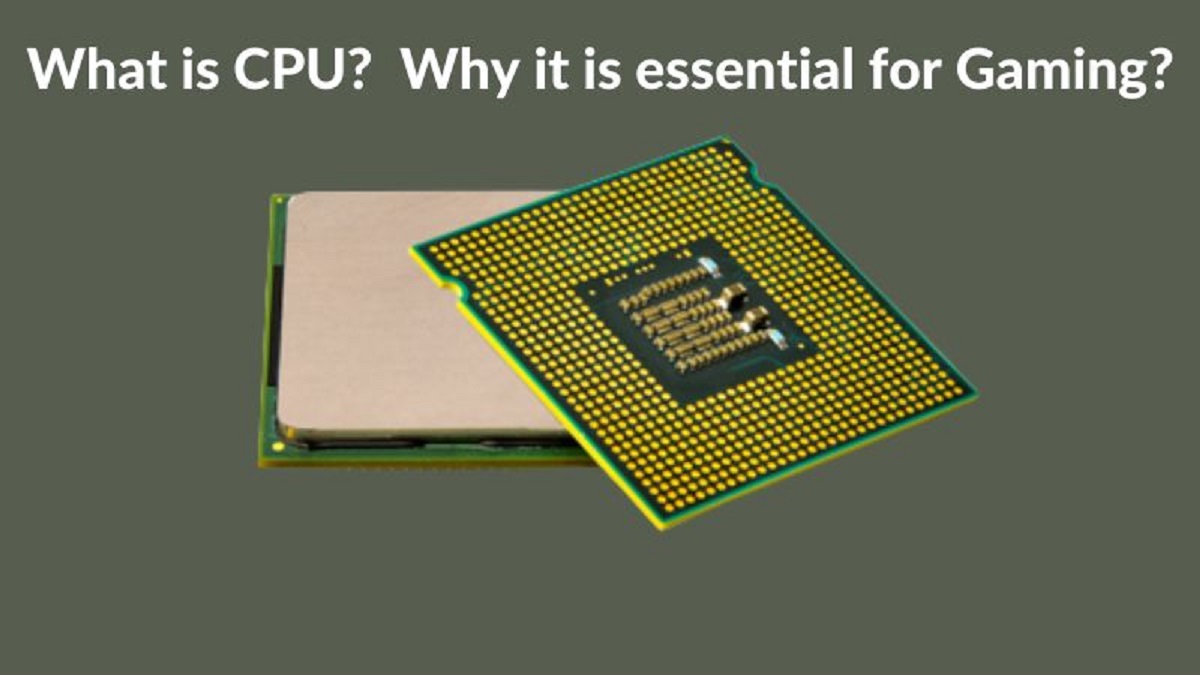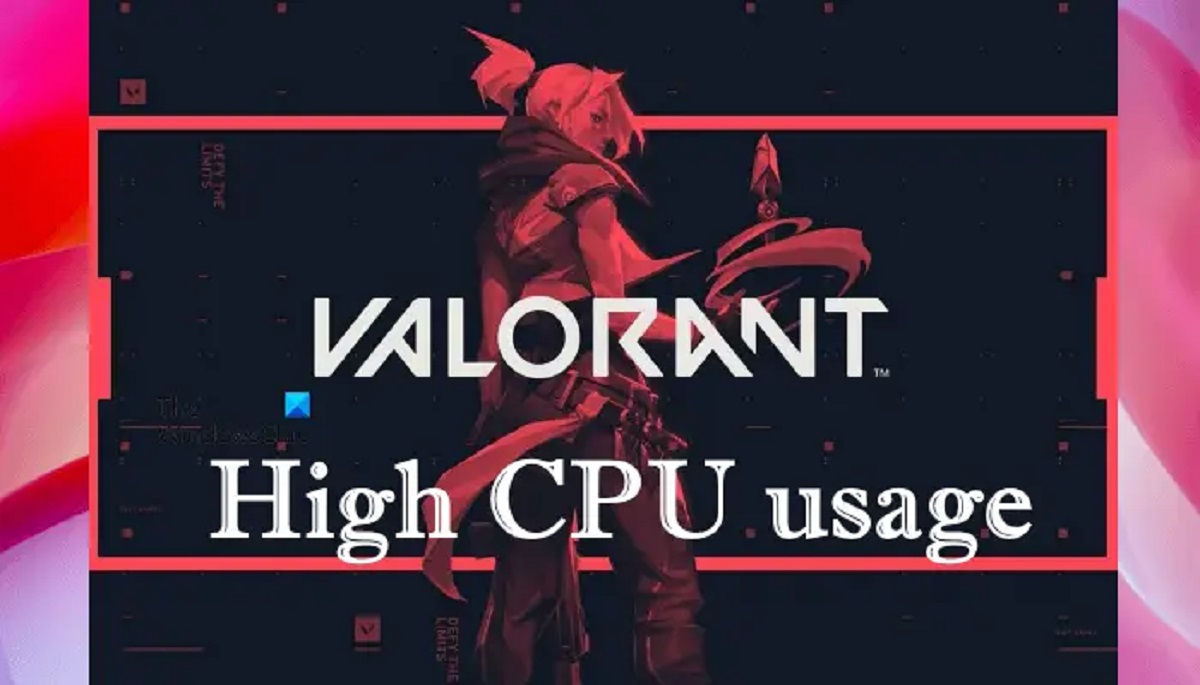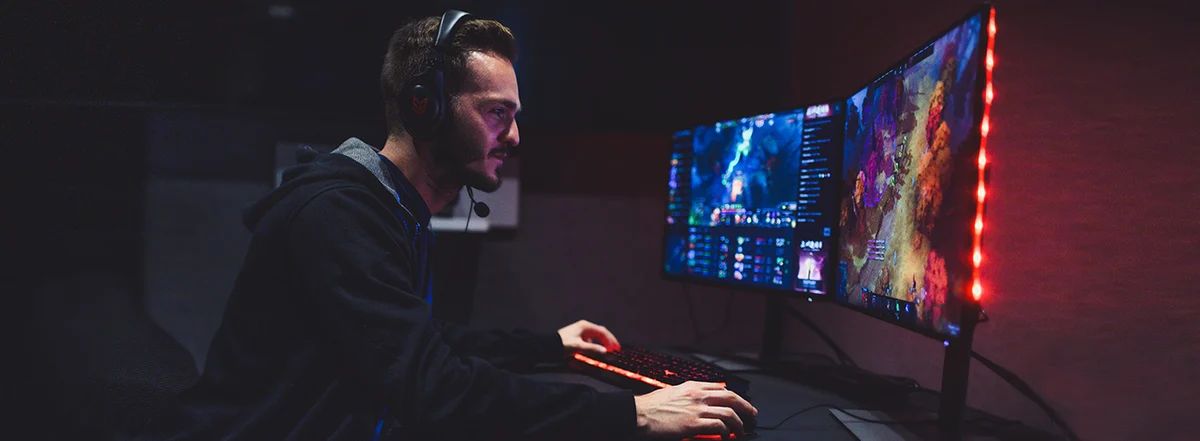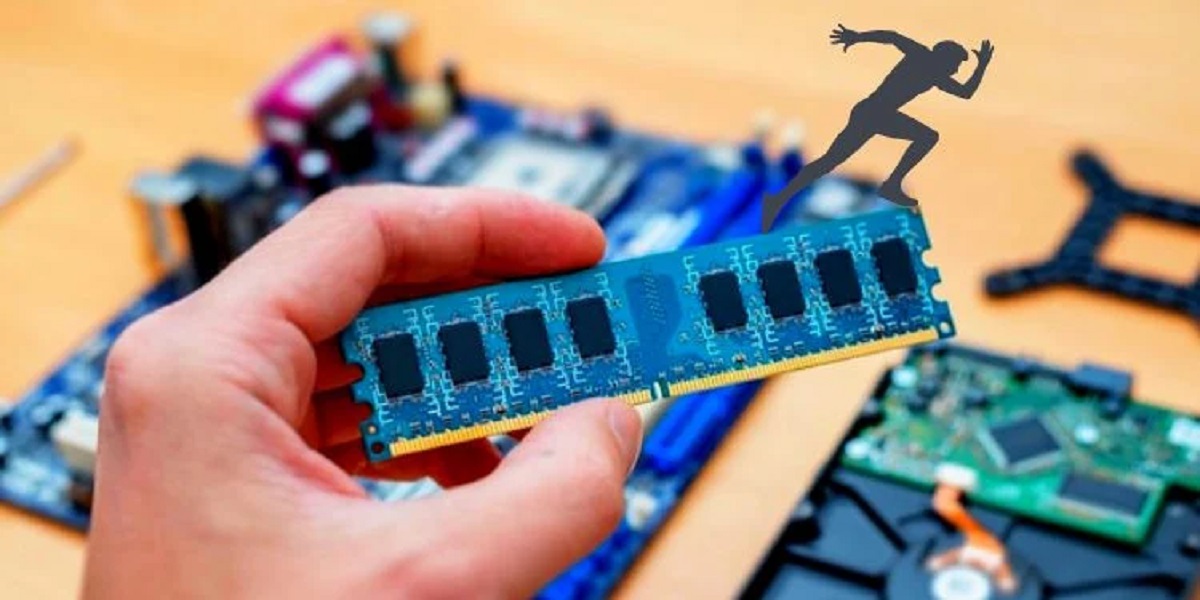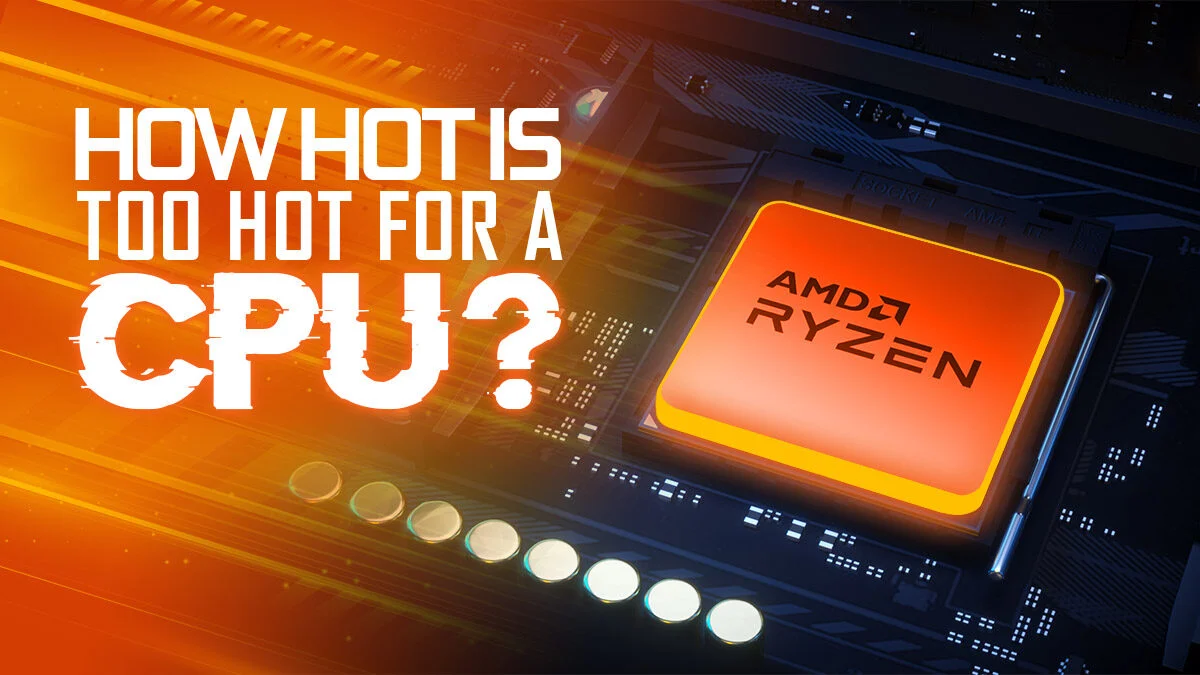Introduction
When it comes to online gaming, a fast and reliable internet connection is often the first thing that comes to mind. However, many gamers overlook the crucial role that the CPU, or Central Processing Unit, plays in their gaming experience. The CPU is the brain of a computer system, responsible for executing instructions and performing calculations that drive all aspects of gaming and other applications.
While the graphics card and RAM also play important roles in gaming performance, the CPU is often the main bottleneck that dictates the overall speed and responsiveness of the system. A powerful CPU can handle complex game mechanics, AI calculations, physics simulations, and other processor-intensive tasks with ease, resulting in smoother gameplay and reduced lag.
With advancements in technology and the increasing demands of modern games, it is essential to understand how the CPU affects online gaming and what to look for when choosing the right CPU for your gaming needs. This article will explore the various aspects of CPU performance and its impact on online gaming, helping you make informed decisions to optimize your gaming experience.
What is a CPU?
Before diving into how a CPU affects online gaming, let’s start by understanding what a CPU is. The Central Processing Unit, or CPU, is the primary component of a computer that carries out the instructions of a computer program by performing basic arithmetic, logical, control, and input/output (I/O) operations. It acts as the brain of the computer, responsible for executing instructions and coordinating the activities of other hardware components.
A CPU consists of multiple cores, each capable of completing tasks independently, but working together to process data efficiently. The speed at which the CPU can execute instructions is measured in clock cycles, typically represented in gigahertz (GHz) or megahertz (MHz). A higher clock speed generally indicates faster processing power, but other factors like architecture, cache size, and instruction set also come into play.
Modern CPUs come in various architectures, such as Intel’s x86 and AMD’s Ryzen, each with its own set of strengths and weaknesses. These architectures differ in their instruction sets, power consumption, thermals, and overall performance. It’s worth noting that while CPU architecture plays a role in gaming performance, it’s not the sole determinant. Other factors, such as the number of cores and clock speed, are equally important.
CPU manufacturers continually release new generations of processors, bringing improvements in performance and efficiency. It’s essential to keep up with the latest CPU technologies to ensure optimal performance in online gaming and other demanding tasks.
Role of CPU in Online Gaming
The CPU is a critical component in online gaming, responsible for handling a multitude of tasks that contribute to overall gaming performance. Let’s explore the various roles that the CPU plays in online gaming:
- Game Logic and AI: The CPU executes the game’s logic and artificial intelligence algorithms, determining how characters interact, reacting to player inputs, and simulating the game world. The more complex and realistic the AI and game mechanics, the more processing power is required.
- Physics and Collision Detection: Physics calculations are crucial for realistic interactions between objects in the game. The CPU performs calculations for collision detection, gravity, motion, and other physics-related tasks. These calculations require significant computational resources and can impact the smoothness of gameplay.
- Networking and Multiplayer: Online gaming often involves multiplayer modes, where players interact with each other in real-time. The CPU manages the networking components, handling the communication between players, synchronizing game states, and processing network packets. A powerful CPU helps ensure smooth online gameplay and reduces latency issues.
- Content Streaming: In modern games, high-resolution textures, detailed models, and complex audiovisual effects are common. The CPU is responsible for loading and streaming these assets from storage to memory, ensuring seamless transitions and preventing performance hiccups.
- Background Processes: While gaming, the CPU may also need to handle background processes, such as antivirus scans, software updates, and system maintenance tasks. A capable CPU can manage these processes without negatively impacting gaming performance.
As online games become more advanced and demanding, the role of the CPU in ensuring smooth gameplay and optimal performance becomes increasingly crucial. However, it’s essential to have a well-rounded system with sufficient RAM, a capable graphics card, and a fast internet connection to achieve the best gaming experience.
CPU Performance and Online Gaming
The performance of your CPU directly impacts the smoothness, responsiveness, and overall experience in online gaming. A powerful CPU can handle the computational demands of modern games, ensuring that you can play without lag or interruptions. Here are some key factors that determine CPU performance in online gaming:
- Clock Speed: The clock speed, measured in gigahertz (GHz), determines how many instructions your CPU can execute per second. A higher clock speed generally results in faster processing power and better gaming performance. However, it’s important to note that clock speed alone doesn’t tell the whole story, as other factors such as architecture and cache size also come into play.
- Number of Cores: Modern CPUs come with multiple cores, allowing them to work on multiple tasks simultaneously. Games that are optimized for multi-core processors can benefit from the additional processing power, resulting in smoother gameplay and better performance.
- Cache Size: The CPU cache acts as a buffer between the CPU and the system memory, storing frequently accessed data for faster retrieval. A larger cache size can improve overall CPU performance, especially in gaming scenarios where data needs to be quickly accessed.
- Single-Threaded Performance: While many games nowadays can utilize multiple cores, there are still some tasks that rely heavily on single-threaded performance. This refers to the ability of a CPU to handle tasks that can’t be divided among multiple cores. Games that heavily rely on single-threaded performance will benefit from CPUs with high instructions per clock (IPC) and strong single-core performance.
- Thermal Design Power (TDP): The TDP of a CPU refers to the amount of power it consumes and the heat it generates under normal operating conditions. It is crucial to choose a CPU with an appropriate TDP for your system, ensuring that it doesn’t overheat and cause performance issues during extended gaming sessions.
When selecting a CPU for online gaming, it’s important to strike a balance between budget, performance requirements, and future-proofing. It’s recommended to consider CPUs from reputable manufacturers, such as Intel or AMD, and check online benchmarks and reviews to determine the best CPU for your gaming needs.
CPU Bottlenecks and Their Effects on Online Gaming
While a powerful CPU can greatly enhance your online gaming experience, a weak or outdated CPU can become a bottleneck, limiting your system’s performance and negatively affecting gameplay. Let’s explore some common CPU bottlenecks and their effects in online gaming:
- Inadequate Processing Power: If your CPU lacks the processing power to handle the demands of the game, you may experience lag, stuttering, and slow performance. This can result in delayed player inputs, compromised visual quality, and an overall unresponsive gaming experience.
- High CPU Usage: Some games are CPU-intensive and can push your CPU usage to its limits. When the CPU usage reaches 100%, it indicates that the CPU is unable to keep up with the game’s demands, leading to stuttering, frame rate drops, and overall poor performance.
- Interrupted Background Processes: Insufficient CPU power can also disrupt background processes running in the background. This can impact system stability, slow down other applications, and cause interruptions during gaming, such as sudden frame rate drops or input lag.
- Network Packet Processing: Online gaming involves handling a constant stream of network packets, which requires CPU resources. If the CPU is unable to process the incoming packets quickly enough, it can result in network lag, latency issues, and a diminished online gaming experience.
- Mismatched CPU and GPU: A mismatch between the CPU and graphics processing unit (GPU) can lead to performance bottlenecks. If your CPU is not powerful enough to keep up with the demands of your GPU, it can limit the overall gaming performance, and the GPU may not reach its full potential.
It’s important to identify and address CPU bottlenecks to optimize your online gaming experience. Upgrading to a more powerful CPU, optimizing game settings, ensuring proper cooling and ventilation, and closing unnecessary background processes can help alleviate CPU bottlenecks and improve overall performance.
Recommended CPUs for Online Gaming
With online gaming becoming increasingly demanding, having a powerful CPU is crucial for achieving smooth and enjoyable gameplay. Here are some recommended CPUs that offer excellent performance for online gaming:
- AMD Ryzen 5 5600X: This CPU provides impressive gaming performance with its 6 cores and 12 threads. It offers excellent single-threaded performance and can handle modern games with ease. The Ryzen 5 5600X is known for its value for money and is a popular choice among gamers.
- Intel Core i5-11600K: The 11th generation Intel Core i5-11600K offers strong single-threaded performance and is well-suited for online gaming. With its 6 cores and 12 threads, it can handle the demands of modern games while providing a smooth gaming experience.
- AMD Ryzen 7 5800X: For gamers who want even higher performance, the AMD Ryzen 7 5800X is a great choice. With 8 cores and 16 threads, it offers exceptional multi-threaded performance, making it ideal for CPU-intensive games and multitasking.
- Intel Core i7-11700K: The Intel Core i7-11700K is a high-performance CPU with 8 cores and 16 threads. It delivers excellent gaming performance, especially in games that can utilize multiple cores. This CPU is a top choice for gamers who want top-notch performance and future-proofing.
- AMD Ryzen 9 5900X: For enthusiasts and gamers who demand the best, the AMD Ryzen 9 5900X is a powerhouse. With its 12 cores and 24 threads, it offers unparalleled performance for gaming and other demanding tasks. This CPU is well-suited for gamers who want to push their systems to the limit.
It’s important to note that the performance of the CPU is also influenced by other factors, such as the graphics card, RAM, and system cooling. Therefore, it’s recommended to consider an overall balanced system to achieve optimal performance in online gaming.
Conclusion
The CPU plays a crucial role in online gaming, impacting the overall performance, responsiveness, and smoothness of gameplay. A powerful CPU can handle the computational demands of modern games, enabling a seamless and enjoyable gaming experience. Key factors to consider when selecting a CPU for online gaming include clock speed, number of cores, cache size, single-threaded performance, and thermal design power.
Inadequate CPU performance can lead to various bottlenecks, such as lag, stuttering, high CPU usage, and network latency issues, which negatively affect online gaming. It is essential to address these bottlenecks by upgrading to a more powerful CPU, optimizing game settings, and ensuring proper cooling.
When it comes to recommended CPUs for online gaming, options like the AMD Ryzen 5 5600X, Intel Core i5-11600K, AMD Ryzen 7 5800X, Intel Core i7-11700K, and AMD Ryzen 9 5900X offer excellent performance and value for different budgets and needs.
However, it’s important to consider the CPU as part of an overall balanced system, including a capable graphics card, sufficient RAM, and fast internet connectivity, to fully maximize the potential of online gaming.
By understanding the role of the CPU in online gaming and making informed choices when selecting a CPU, you can optimize your gaming experience, ensuring smoother gameplay, reduced lag, and overall improved performance in the exciting world of online gaming.







